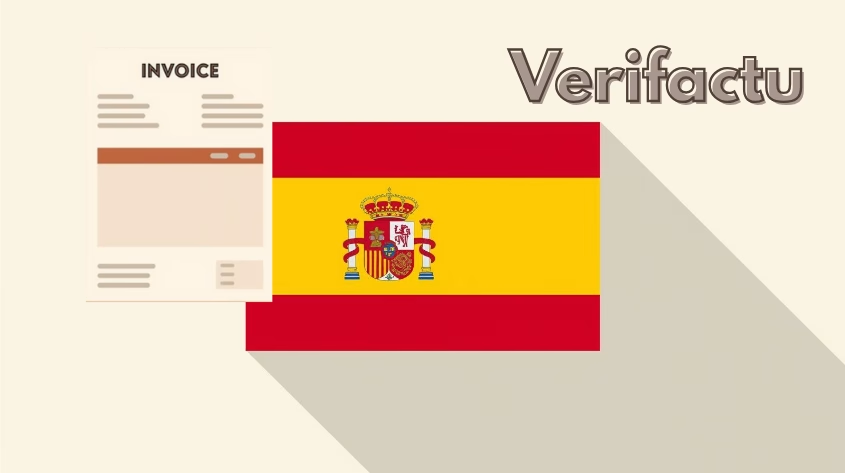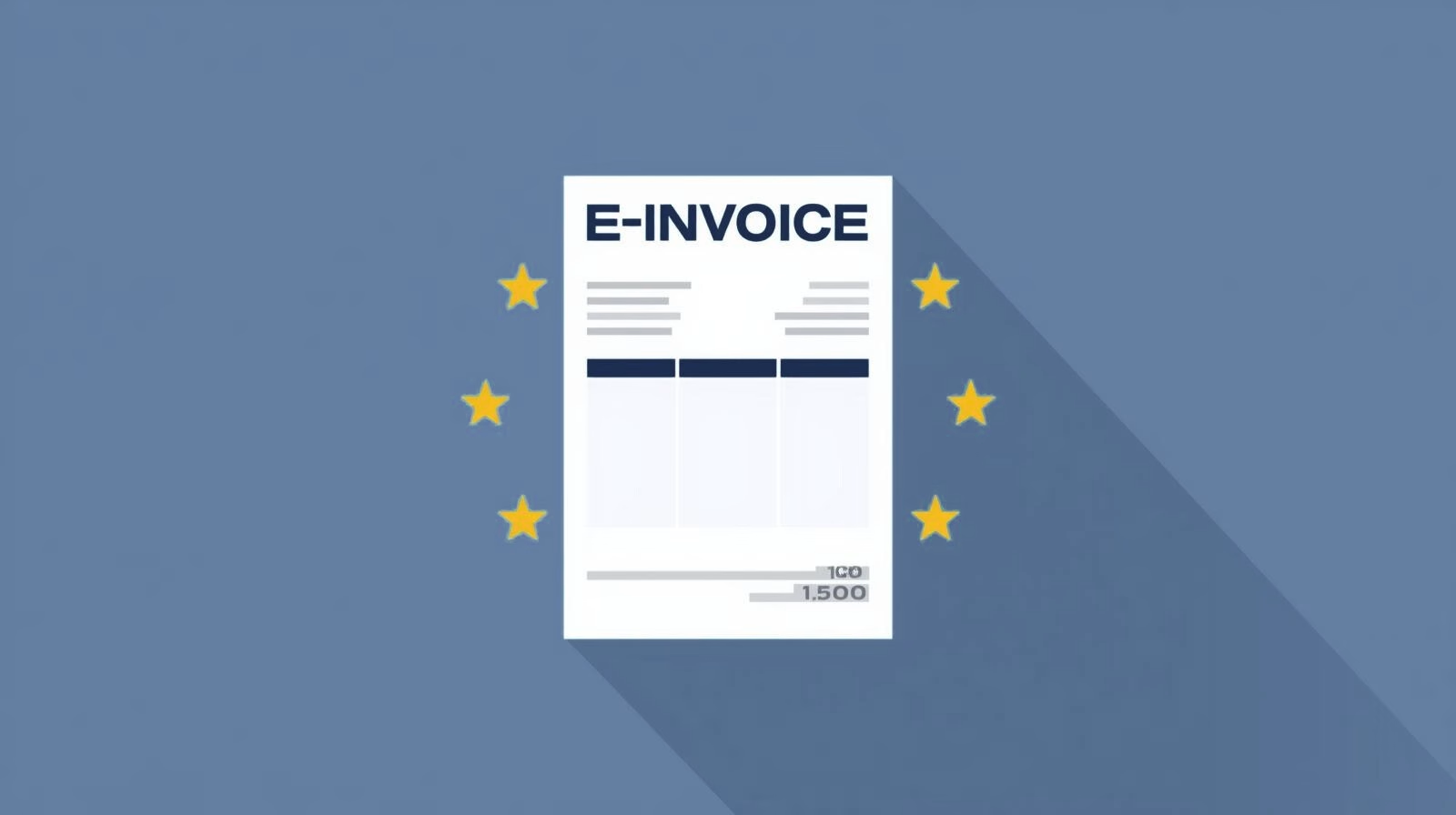Production costs are the expenses incurred for the Own manufacture of products or assets are incurred. They include Material costs, production wages, special production costs and an appropriate share of overheads. Production costs are of central importance in accounting, as they are decisive both for the valuation of inventories and for the capitalisation of internally generated assets.

SAP Business One offers a structured, bill of materials-based method of Determination of direct production costssupplemented by the resource and cost accounting module. While direct costs are recorded with the help of the system, the inclusion of Indirect costs (overheads) Additional manual or module-based recording.
Basics in SAP Business One
In SAP Business One The term "production costs" is not used directly as a system term, but they are summarised under the term Production costs or Cost of goods produced within the framework of the Production module comprehensively mapped.
1. basis: production order and bill of materials (BOM)
- On production order forms the core of the production process in SAP Business One.
- The basis is the Production bill of materialswhich defines the structure of the end product:
- Component articles (materials)
- resources such as machine hours or working time
2. determination of production costs
The cost of sales in SAP Business One is calculated as follows
- Component costs:
- Cost of materials actually issued in the production order
- Valued according to the method defined in the article master (e.g. FIFO, moving average)
- Resource costs:
- In the resource master data up to 10 Cost types (e.g. machine hour, personnel hour) can be stored.
- These flow directly into the Product costs of the end product.
- Manually allocated overheads:
- Overheads such as energy costs, maintenance, etc. are not automatically taken into account.
- About the Cost accounting module can however Cost centres, distribution rules and projects can be used to realistically record overheads.
3. tools for cost calculation
- Production Std Cost Rollup: Aggregates the standard costs of all components (incl. sub-parts lists) and updates the article master.
- Production Std Cost Update: Transfers these calculated costs to price lists or reports.
- Production Cost Recalculation Wizard: Used to subsequently recalculate the actual production costs for batch/series management.
4. inventory valuation
- the Valuation method in the article master (FIFO, average, series price) influences the production costs.
- This method is crucial for the Determination of the stock value and the manufacturing costs of the end products.
Example
A company produces a table. The parts list includes:
- Wooden board (material): 50 €
- Legs (material): 20 €
- Working time (resource): 30 €
- Machine costs (resource): €10
Production costs (system perspective): € 110
Overheads (e.g. electricity, administration) are recorded separately via cost centres and allocated proportionately if necessary.
Versino Financial Suite
the Versino Financial Suite makes the recording, evaluation and analysis of production costs in SAP Business One much more transparent, flexible and audit-proof. It automates previously manual processes, ensures clearer allocation of overheads and provides audit-proof, analysable reports at all times.

Verifactu in Spain: the new invoicing obligation

The e-invoicing regulations in Europe

Versino Financial Suite V09.2025 for SAP Business One

Accounting outsourcing: Why it pays off for SMEs

CANDIS for SAP Business One
